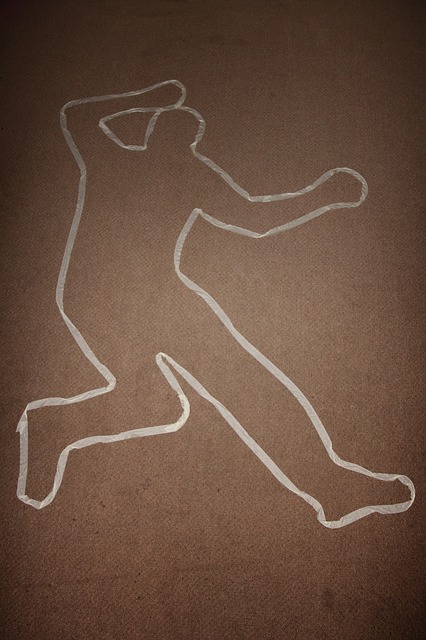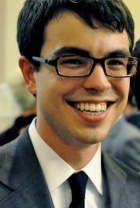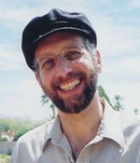Penetrating the Circle of Death: Why People are Dying (and Killing) Not to Die
The riddle of death
Martin Luther King Jr., the social activist who represents for many the ideal of a meaningful life, foreshadowed his own assassination when he said, "A man who won’t die for something is not fit to live." These words may resonate with us, but Woody Allen spoke for many of us as well when he said, "I’m not afraid of dying – I just don’t want to be there when it happens." The idea of death occupies a unique place in our minds: it is both the sum of all fears and a kind of golden standard by which we measure an individual’s commitment to an ideal. We honor and understand King Jr.’s sacrifice insofar as almost all of us possess ideals for which we believe we would give everything, whether it’s the love of our children, fighting oppression in a foreign country, or protecting our personal freedoms. Yet we empathize with Allen because death seems like a terrifying and unfair fate for us, instilled as we are not only with drives toward self-preservation (we seek food when hungry, react quickly to external threats), but also an advanced consciousness that harbors love and a fear of loss for many aspects of our lives.
As Irvin Yalom puts it, death is like an absurd contract we were never asked to sign; but it is nevertheless a physical reality that helps shape the cognitive existence of the only species with complex, temporal self-representation and symbolic consciousness (us). Other animals may grieve their dead, but lacking the symbolic cognitions that would prompt them to project from the experience of others onto an inner representation of themselves, its unlikely they walk away from the death of a relative as we do, thinking, "that will be me someday." Thus the attempt to come to terms with our unique awareness of personal death has driven human culture since its inception, as in the Sumerian Epic of Gilgamesh (the first known work of prose fiction in any modern sense), which centered around the search for immortality.
So if death is a contract for which we’d all like to find an escape clause, then why is history scattered with stories of those who "sealed the deal" themselves: those who went knowingly to their deaths in the name of an abstract entity like freedom, country or religion? And what is it about human psychology that has made so many – from the Crusaders of old to the 9/11 terrorists – willing to bring so much death into the world?The role of awareness of mortality in the human psyche
Terror management theory (TMT) provides answers to such questions by offering an analysis of the role of the human awareness of mortality in our mental and social lives. The scientists who founded the theory in the mid- 1980s – Jeff Greenberg (University of Arizona), Sheldon Solomon (Skidmore College), and Tom Pyszczynski (University at Colorado Springs) – built the theory upon a foundation laid by cultural anthropologist Ernest Becker in his book The Denial of Death(1973). The theory begins with the idea that, like other animals, humans are predisposed in many ways to want to stay alive. Most notably, they experience fear when they perceive threats to continued existence, leading to fight or flight responses. Yet, unlike other animals, humans are aware that their desire to stay alive will ultimately be thwarted, that inevitably they will die, and furthermore, that death could come at any time for a wide range of reasons (heart attack or stroke, car accident or earthquake, guided missile or terrorist attack, etc).
TMT posits that this awareness of our vulnerability and ultimate mortality creates an ever-present potential for anxiety, and that to minimize this potential for anxiety, humans must in some way deny their precarious mortal state. The way we do this is by viewing ourselves as enduring, significant beings in a meaningful world, rather than as mere material animals fated only to obliteration upon death. Cultures encourage people to sustain this symbolic view of themselves and the world by promoting worldviews which convey that the world is orderly, meaningful, and permanent, and that they will transcend their own death by being valued contributors to that meaningful world.



